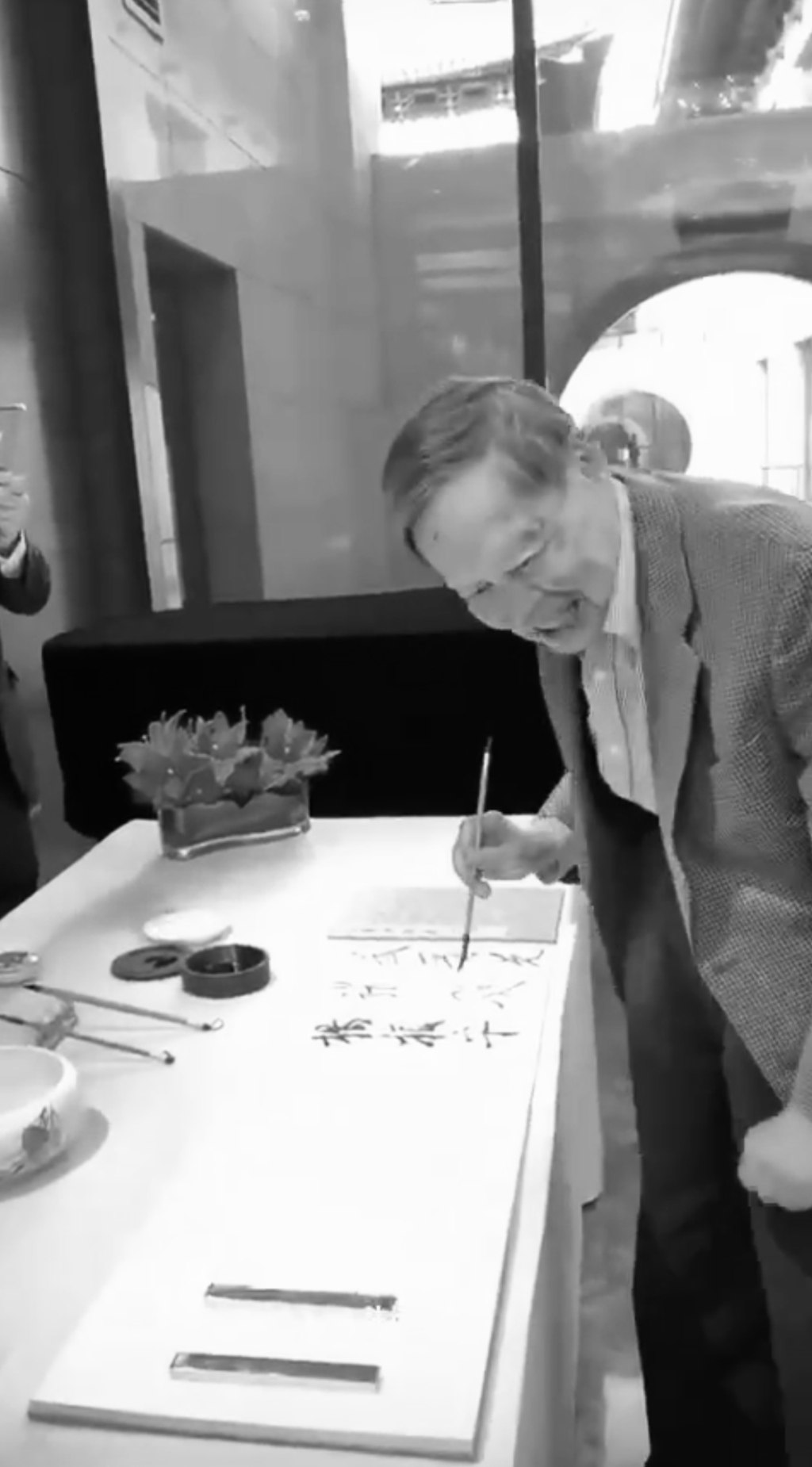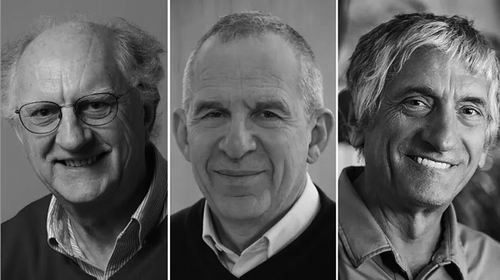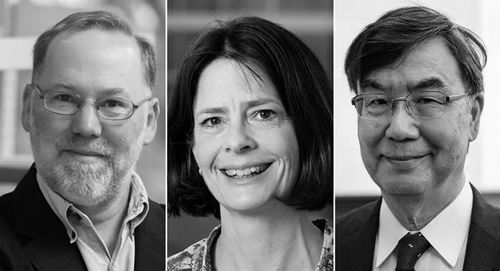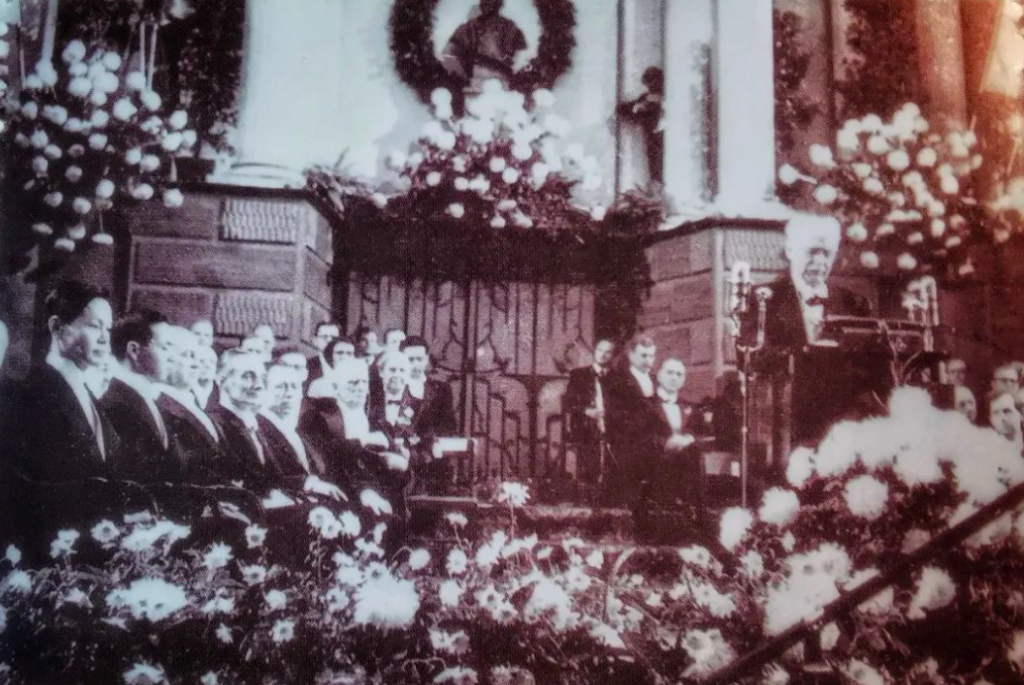
On October 18, the day physicist, Nobel Prize winner in Physics, and academician of the Chinese Academy of Sciences Yang Zhenning passed away, Yang's friend Wang Zheng said in an exclusive interview with The Paper that Yang's life could be described as an epic journey of scientific wisdom and humanistic spirit, with very few regrets. "However, he did have one regret, which was not winning the Nobel Prize a second time. If he had, it would have been as a Chinese citizen. In 2021, the Nobel Prize Committee specifically asked him for information on Yang-Mills theory. It can be said that he was very close to winning the Nobel Prize for a second time, but in the end he still missed it."
Wang Zheng, a former member of the 10th and 11th National Committees of the Chinese People's Political Consultative Conference and a friend of Professor Yang Zhenning, believes that Yang's achievements in physics extend far beyond his discovery of parity non-conservation, which earned him the 1957 Nobel Prize in Physics. What truly established his place in scientific history and continues to have a profound impact is the Yang-Mills theory, which he and Robert Mills jointly proposed in 1954. This theory is undoubtedly Nobel-worthy. In 2021, the Nobel Prize Committee specifically requested information on Yang-Mills theory from Yang Zhenning.

The 1957 Nobel Prize in Physics award ceremony
"I once asked Mr. Yang if it was not possible to win the Nobel Prize a second time. He replied calmly: There is no such rule, it's just that they haven't given it to me yet." Wang Zheng recalled to The Paper that Mr. Yang Zhenning was fully confident when he answered at the time, yet he was low-key and open-minded.
In fact, those who have won two Nobel Prizes include Marie Curie (Nobel Prize in Physics in 1903, Nobel Prize in Chemistry in 1911), American physicist Bardeen (Nobel Prize in Physics in 1956 and 1972), American chemist Linus Pauling (Nobel Prize in Chemistry in 1954, Nobel Peace Prize in 1962), and British biochemist Albert Sanger (Nobel Prize in Chemistry in 1958 and 1980).
"In 2021, the Nobel Prize Committee specifically asked him for information on Yang-Mills theory. Friends were very excited to hear the news and were looking forward to him winning the award again. However, his name was not on the Nobel Prize in Physics that year, and it was still not on the list last year and this year. Friends who were close to him could not hide their disappointment. However, Weng Fan was relatively indifferent. In fact, if Mr. Yang Zhenning won the Nobel Prize in Physics for the second time, the significance would be different from the first time. When he won the award for the first time, he was actually a Chinese citizen, and later became an American citizen. More than ten years ago, he gave up his American citizenship and became a Chinese citizen. If he won the award for the second time, he would be a true citizen of the People's Republic of China who won the Nobel Prize in Physics. The old man was nearly a hundred years old at the time, and it was undoubtedly a great pity to miss it." Wang Zheng said.
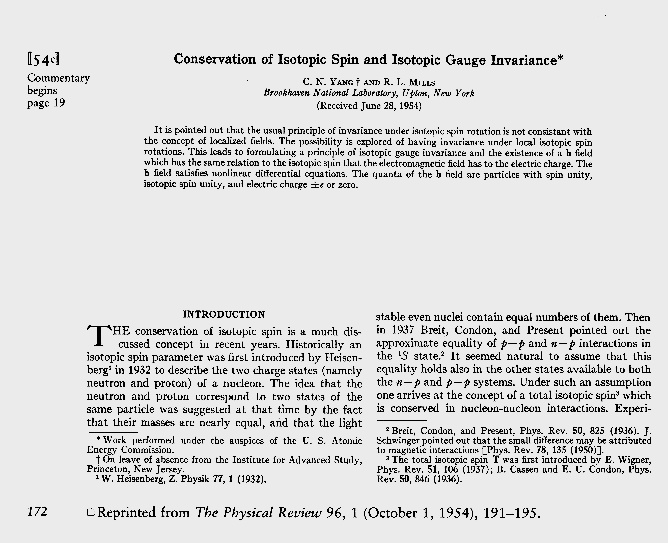
Part of Yang Zhenning and Mills' paper on "non-Abelian gauge fields"
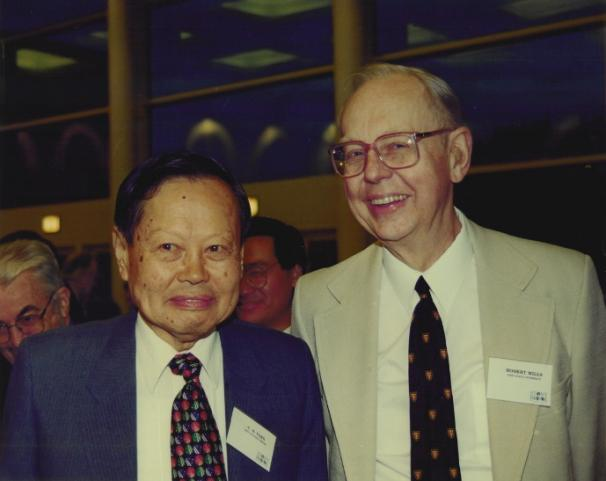
1999 Yang Zhenning and Mills at Stony Brook
Yang-Mills theory, due to its fundamental and groundbreaking nature, has long been considered by academics to have the potential to win another Nobel Prize. While somewhat regretful, Yang Zhenning himself often encouraged himself to "prefer clumsiness over cleverness, simplicity over extravagance." This down-to-earth approach to scholarship, focused on the essence of things, was the driving force behind his remarkable achievements. He once stated that one of his most significant contributions was that through his scientific achievements, he "helped change the Chinese people's psychological sense of inferiority."
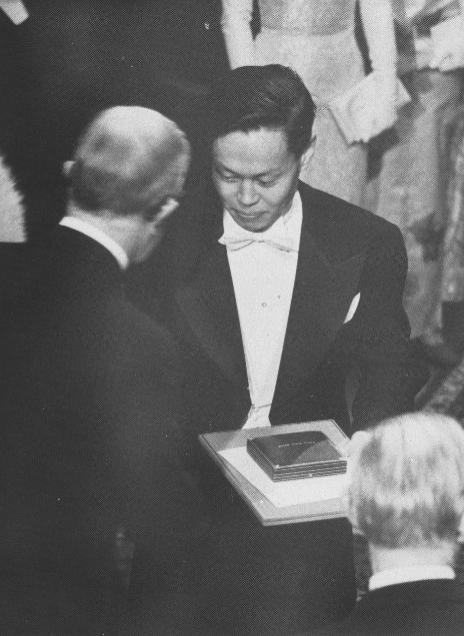
Yang Zhenning receiving the Nobel Prize from the King of Sweden in 1957
Recalling his interactions with Yang Zhenning, Wang Zheng told The Paper that the elder was a true patriot, "one could even say a strong nationalist."
"He once recalled to me that when China successfully detonated its first atomic bomb, he was at a cocktail party in the United States. Upon hearing the news, he immediately interrupted the party and went to the bathroom - because he was so excited that he burst into tears, and he did not leave the bathroom until he calmed down," said Wang Zheng.
Professor Yang Zhenning's patriotism is not just a superficial slogan; it is a lifelong choice woven into his blood and embodied in action. His patriotism is reflected in his courageous commitment at critical moments, his decades of perseverance, and his total devotion to the nation's scientific and educational endeavors.
In 1971, with Sino-US relations still frozen and the Cold War still looming, Yang Zhenning resolutely embarked on a journey back to the People's Republic of China, becoming the first prominent Chinese-American scholar to visit China. Also in 1971, Yang Zhenning actively participated in the "Diaoyu Islands Protection Movement," a campaign by overseas Chinese to secure sovereignty over the Diaoyu/Senkaku Islands. He traveled extensively to major American universities, giving lectures and inspiring a group of passionate young people to dedicate themselves to serving their country with his witness to the indomitable spirit of the People's Republic of China. More importantly, in October of that year, he testified at a hearing of the US Senate Foreign Relations Committee, emphasizing the fact that the Diaoyu/Senkaku Islands are an inalienable part of Chinese territory from historical, geographical, and current perspectives, including presenting physical evidence.
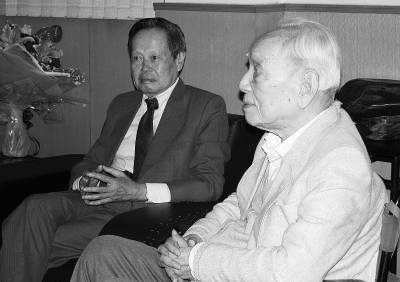
Mr. Chen Ning Yang and Mr. Shiing-Shen Chern
"At that time, two scientists became the spiritual leaders of the Diaoyu Islands protection movement. One was mathematician Shiing-Shen Chern, who initiated an open letter to Nixon and members of Congress, which received responses from more than 600 Chinese scholars and more than 2,000 Chinese students. The other was Chen Ning Yang, who, together with three professors and Sheng Yuzhen, testified in the U.S. Congress, presenting the imperial edict of Empress Dowager Cixi granting the Diaoyu Islands to Sheng Xuanhuai, proving that what the United States handed over to Japan was the 'executive power' of the islands, not the 'sovereignty'. Soon after, Chinese-American Senator Kwong Yu-liang testified on this matter again at a congressional hearing. After two hearings, the U.S. government announced that it would maintain a neutral attitude on the issue of sovereignty over the islands," said Wang Zheng.

China's Diaoyu Islands
"He has a clear stance on major issues of right and wrong, and he also has a clear judgment and understanding of the development of science and technology. For example, when relevant parties were preparing to invest huge sums of money in the Large Hadron Collider experiment, he suggested spending the funds on developing the chip industry. The relevant parties later listened to his advice. Looking back now, what a visionary man he was!"

Wang Zheng and Yang Zhenning (right) chat at his home
"The last time I saw him was in Beijing last year. His secret to longevity is actually very ordinary. He doesn't do much exercise, just take a walk. He was still driving in Hong Kong when he was over 90 because he thought Weng Fan lacked a sense of direction. Moreover, he had an American style and didn't need anyone to support or accompany him when he walked. When he was 100 years old, he went to the bathroom alone. When he came back, he said casually that he had fallen. In fact, that fall did have some impact on his health later in life." Wang Zheng said.
Mr. Yang Zhenning possesses a refined appreciation for calligraphy, possessing a meticulously executed regular script. At his 102nd birthday celebration, he and Weng Fan signed their names, and Wang Zheng, who was standing nearby, captured the moment. This year, for his 103rd birthday celebration, Wang Zheng, who was overseas, created a special calligraphy work, "Longevity of the Benevolent," for Mr. Yang, which was exhibited at the celebration.

Yang Zhenning's 103rd birthday celebration

Wang Zhengshu presented Mr. Yang Zhenning with a calligraphy work titled "Longevity of the Benevolent" on his 103rd birthday.
Wang Zheng said that Mr. Yang Zhenning, through his 103-year life journey, truly demonstrated with his actions what "science has no borders, but scientists have a motherland" means.
This giant, standing at the pinnacle of theoretical physics in the 20th century, not only reshaped mankind's understanding of the microscopic world with his scientific ideas, but also demonstrated a scientist's deep attachment and responsibility to his motherland with his patriotic feelings that spanned centuries.
